Contents
It’s been said that a large number of Americans couldn’t survive for more than a month without pay. At the end of April this year, bored and needing a change of pace, I quit my comfortable office job entirely and decided to take the entire summer off.
Now, with fall upon us, I have decided to go back into the full-time work force, and in a little over two weeks time I will get paid for the first time since April. Here’s what I’ve learned in the meantime…
When You’ve Got Savings, A Lack of Income Isn’t a Stressful Experience
I’ve had my fair share of unemployment over the years, and have always found it a very stressful situation. Who wouldn’t when you have bills to pay and no obvious sign of any money coming in to help cover it. For this reason I’ve always done everything I can to stay in full-time employment, even if it means working a job I really don’t enjoy.
This time around, however, things were very different. This time I had planned meticulously for my time off. I had made a budget, and ensured I had plenty of savings readily accessible to fund my lifestyle. I also had an end date in mind, with the aim of going back to work in September.
I cannot underestimate just what a difference this made to the whole experience. Rather than worrying about how to make ends meet, so long as I stuck roughly to my budget I knew everything would be fine. As a result I was really able to enjoy the experience of voluntary unemployment, and drain every last drop of pleasure from the experience.
The key thing here is that saving money isn’t just a nice idea – something we all know we “should” be doing but many people still aren’t. Savings are your safety net, your lifeline if and when things go south.
My advice would be to put a plan in place today, to start piling up savings for the future. Because whether you’re unlucky enough to lose your job, or like me you reach the point of just needing a nice long break, savings are what turns a period of unemployment from stressful to pleasurable.
Cutting Expenses is Easy – When You Have Time
Before I quit my job I tried to figure out which expenses would remain the same, and which ones could be cut. Obviously the more I could cut my expenses down, the less of my savings I’d spend.
What surprised me, however, was just how much I’d been paying for convenience in everyday life. I needed fast delivery on my Internet orders, I wanted pre-grated cheese to speed up meal preparation and I rarely had the time to walk anywhere.
When you suddenly find that you have all the time in the world it’s astonishing just how much money you can really save.
I cooked fresh meals from scratch. I watched use-by dates and threw away far less food than normal. I was able to hit the local grocery store when the mark-downs were being done. I could afford the time to leave the car at home, and entertained myself with all the books I have bought in recent years but never quite got around to reading.
It’s a similar experience to a retired relative of mine, who goes food shopping every single day. I asked them why they waste so much time, and why don’t they just buy more when they go? Their answer seemed quite alien to me – but made a lot of sense.
They can afford the time to go out each day, and they deliberately choose the ideal time to get all the discounted produce. As a result they’ve been able to slash their grocery bill to a fraction of it’s former size.
Life Really Shouldn’t Revolve Around Money
I’m a personal finance blogger, so it follows that I’m unnaturally interested in money. But until the well dried up, and I had to survive on savings, I hadn’t realized just how much I obsessed over it.
Every month I would find myself counting down to payday. Not because I’m broke, but because I want to keep pushing as much money as possible into savings and investments. I would keep careful spreadsheets to track the money I was retaining, and try to spend as little as possible each month to maximize these inputs.
Then I quit my job and all this died away. I knew how much I had available, and there wasn’t any more. Suddenly apart from checking my bank balance every so often money became a non-issue. And with it, so a firmer appreciation of life made itself felt.
I instead found that I spent my bountiful free time leisurely chatting to friends and family, learning how to program, preparing time-intensive meals and relaxing with a good movie. In other words, when the pressure of money died away, life became a whole lot more colorful.
Whilst it would be remiss of me to suggest that you ignore your finances entirely (plans are critical to your success) I think there is perhaps a limit that we shouldn’t cross, otherwise money moves from an interest to an obsession. I, for one, am consciously trying to use systems to automate my finances as much as possible now, so that I can free up “head room” to enjoy the more important things in life.
Making Accurate Financial Plans Are Critical To Your Wellbeing
Quitting your job with no other source of income to rely on is not an exercise for the faint-hearted. It certainly wasn’t a decision that I took lightly. But one element that really helped to make my mind up was simply the level of control I had over my financial situation.
I know exactly how much I spend each month, and on what, as I carefully audit my spending at the end of each month. At that point I examine the details for any potential future savings, and then apply these going forward.
After some months of these spending audits you’ll not only find that your expenses start to shrink, but that you also start to get a really good handle on exactly where your money is going. My old self, that got into so much debt, just used to keep withdrawing cash if the ATM would provide it, having little idea of how much I’d spent or where it was all going. But not the current me.
Having this level of intimacy with my finances not only helped me to feel confident about creating a “job free budget” but thanks to the amount of data I had on hand my temporary plans turned out to be surprisingly accurate.
Finding a Job is a Lot Easier When You’re Not Working
Before I quit my job, I was actually applying for alternatives. I sent off resumes, and received sneaky emails and phone calls in the office from recruiters.
The problem was that this “cloak and dagger” style of job hunting really didn’t work very well. I was forever trying to sneak off to make a phone call or answer an email, because the people in charge of hiring new people were all working pretty much the same hours as me. This made it next to impossible to find a new job while working my existing one. And that doesn’t even take into account how to fit interviews around a job.
Eventually I decided enough was enough, and that actually I needed a proper break before continuing my job hunt. The funny thing was that finding a new job was infinitely easier when I wasn’t working. I could keep an eye on new vacancies, and literally apply for them within hours of them going live. I could schedule calls and interviews at will.
As a result of this, I was successful in landing what is, in essence, my dream job. Not only that, but it only took a couple of weeks from initial contact to formal offer. No stress. No panic.
Money Feels Far More “Valuable” When No More is Coming In
I’m a pretty frugal person, but all the same I do like to treat myself on occasion. As my debt has been eliminated and my income has progressively risen each year, so there’s been enough “slack” in my budget not to worry too much about money. Of course, I didn’t realize how “comfortable” I was starting to feel about my finances until the income dried up.
All of a sudden money takes on a whole new meaning when you have limited amounts of it, and no sign of more coming in shortly. And so I found yourself making rather more careful decisions on how and where I would spend my money. Whilst I wouldn’t normally think twice about buying myself a drink if I get thirsty while I’m out, all of a sudden I started to wait till I got home. And so it was for all sorts of tiny little purchases that I didn’t usually register.
This experience got me things; perhaps a great way to control your spending if you’re struggling is to imagine that you won’t be getting paid again for a few months. If that was the case, and your money had to last as long as was humanly possible, would you still buy that item?
In many cases, the answer is simply going to be “no” – and just think how much more money you could save, or how much debt you could pay off, if you managed to easily reduce your expenses with one little “mind trick”.
Having Control Over Your Time is Priceless
My typical work day finishes around 6.15pm. By the time I’ve got showered and changed, then caught up on the day’s activities it is easily 7pm or later. Then cook dinner, eat and clean up. If I’m lucky, I’m “done” between 7.30pm and 8pm and can finally relax.
Except that I’m often in bed by 10pm, giving me a total of two free hours per day. As this time is in such short supply, I guard it like a precious jewel. I don’t appreciate any form of time-wasting, whether that’s sales calls from companies or trying to find a computer cable in my office. Quicker to just order a replacement and be done with it.
After five months without a salary, however, I have had all the time in the world. I have gone to bed when I want, got up when I want, and done whatever I want inbetween. And you know what? It’s been a most incredible experience.
The luxury of “wasting” time. Of sitting in the garden and just watching the world go by. Of settling down with a textbook and learning something new. Of finally sorting out all the junk in our shed. Of writing old-fashioned letters to old friends I haven’t seen in years.
Freedom to do what you want with your time really is the ultimate luxury in my opinion, and it’s something I plan to focus on much more in the future. Right now I’m knuckling down in my new job, working as many hours as requested while I save up ready to buy our first home.
After that, however, I fully anticipate slowing down a little and trying to negotiate part-time work. A friend has done this recently and couldn’t be happier with their decision.


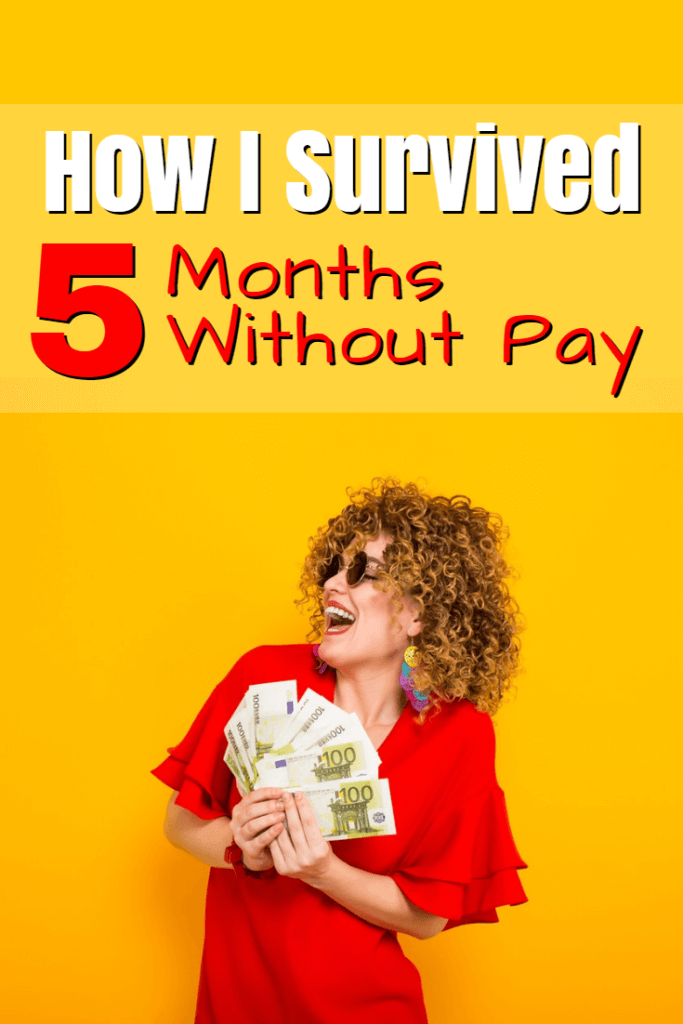


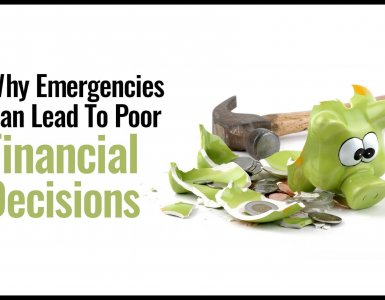
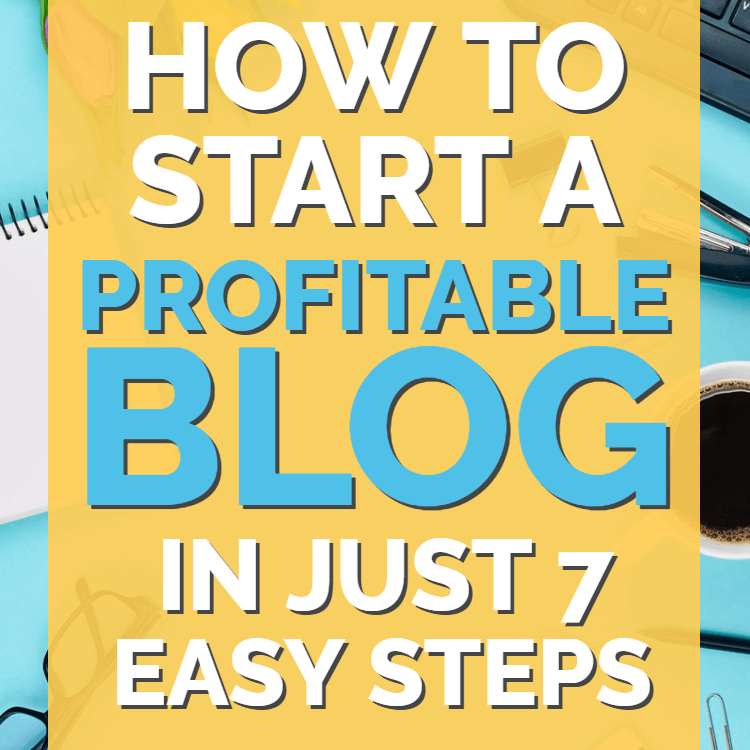

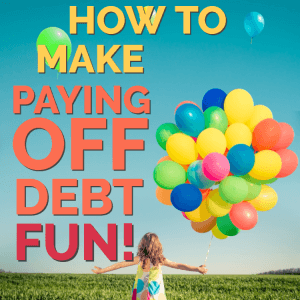
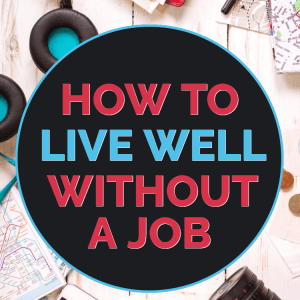
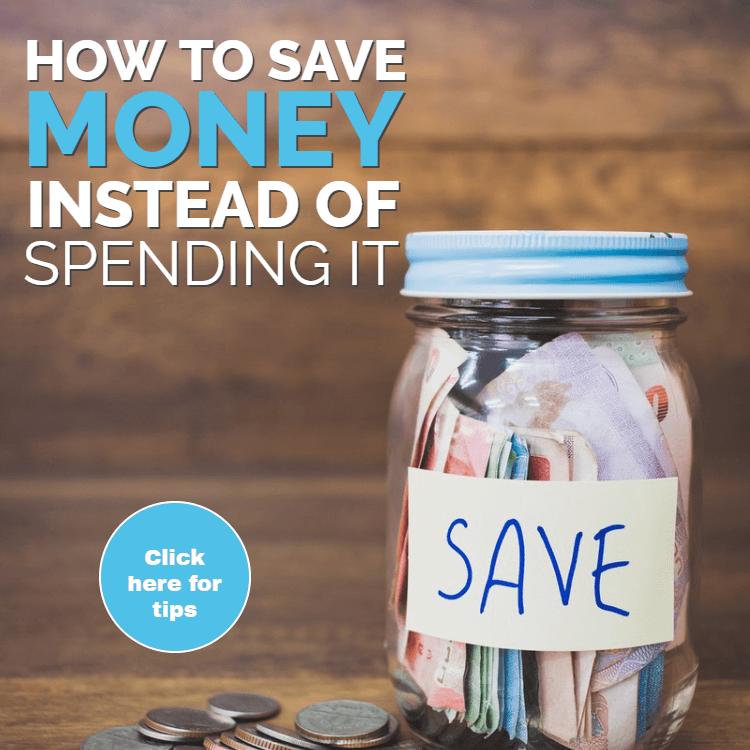
Add comment